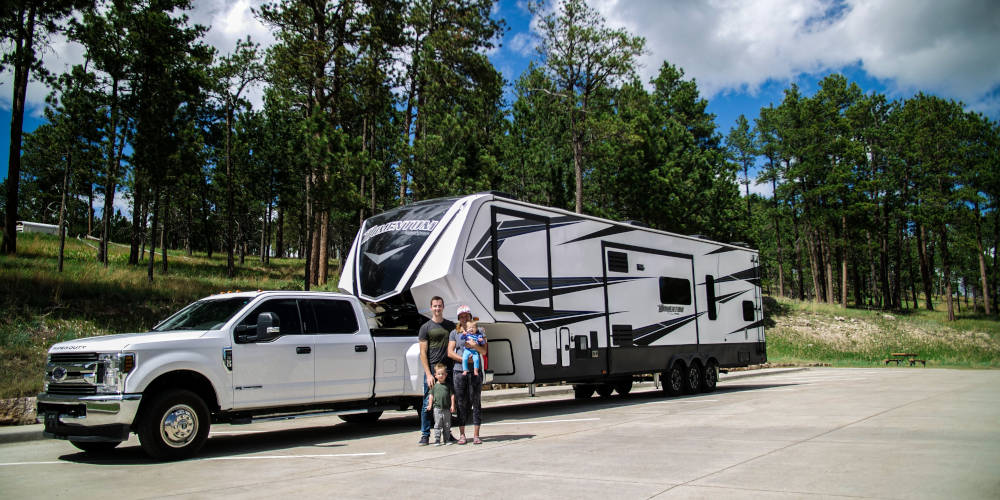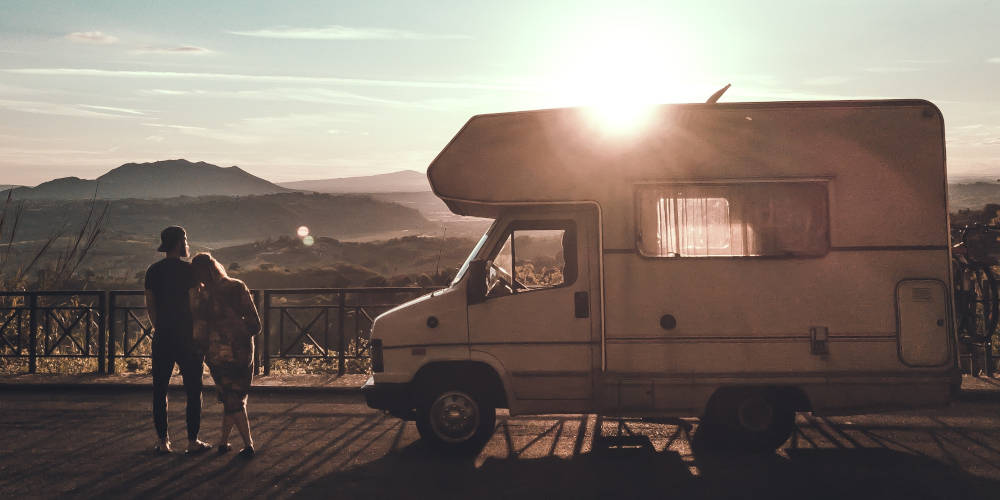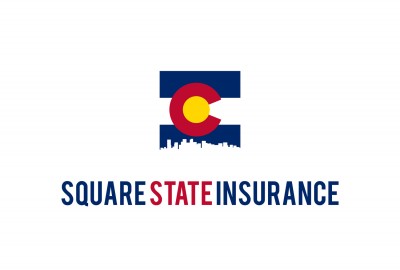As people struggle with recreation opportunities during the pandemic, camping and road trips are more popular than ever. Another area that is seeing a boom in interest is that of RV sales. Now that RV dealers have been allowed to open back up their gates to new customers, it’s harder than ever to find an RV in stock. For example, a Pueblo, CO RV dealer sold his entire yearly stock in less than two months, and now the lot sits mostly empty, waiting for new inventory. It’s easy to see why RV ownership has skyrocketed during the pandemic. The freedom of the open road and no concerns about using public facilities like bathrooms and hotels is a huge plus. This said, there are risks of owning a RV, particularly staying safe while driving it on the road. Let’s look at some safety tips to keep you and your family protected and healthy on your next road trip.
RV Auto Accidents
With the influx of new RV drivers comes the unfortunate consequence of increased RV accidents. There more inexperienced RV motorists on the roads today because of the surge in interest. While new owners may be tempted to operate a RV just like their car, there are several dangers that come with driving a RV without training. Here are a few risks of owning a RV to consider:
- It Takes More Time To Stop – A RV or trailer is heavy, and you won’t receive the same braking response as an automobile.
- Speeding Is Always Dangerous – Speeding with a trailer attached is particularly dangerous, especially when you consider it needs more space to fully stop. Most states have lower RV speed limits for a reason.
- Wind Poses A Greater Risk – If you’ve driven in high winds before, you know how nerve-wracking it can be. Since RV’s have a bigger profile, the wind impacts them much more than an automobile. It’s not uncommon for high winds to cause a RV to flip or be pushed into a ditch or embankment.
- Recreational Vehicles Are Easy To Roll Over – Even without high winds, a RV is much easier to roll. The faster you drive, the greater your chances of rolling the RV. Again, there is a reason why you shouldn’t speed when driving a RV.
- RV’s Have Bigger Blind Spots – Drivers have to be extra careful while merging or changing lanes because of large blind spots in most RV’s.
Property Damage
The risk of owning a RV extends past traffic accidents. Operating them improperly can also result in property damage. Recreational vehicles can be particularly hard to turn, especially if you’re inexperienced. Turns need to be taken wider and slower than a normal automobile. In addition, your trailer wheels may not track in the same position as your automobile wheels. This makes it easy to clip curbs, yards or buildings as you turn. If any damage occurs, you will be held liable for the repairs. All the more reason to have good RV insurance.

Inexperience With Loading / Balancing A RV
Driving a RV can be challenging enough, but you also need to load and balance it carefully. As you set off on a RV adventure, it can be tempting to load it up with all the gear that will fit. Yet RV’s have load limits for a reason. You need to adhere to these limits or an accident can occur. More importantly, you can be held liable for an accident if your RV is overloaded. Plus, if you are found to be over the weight limit, this could lead to any insurance claims being rejected. Balance is just as important in a RV. Placing more weight on one side can make the RV unstable and lead to accidents or even tire failures. It’s prudent to exercise caution when you load up your RV.
Auto Insurance And Your RV
Since there have been a surge in RV related accidents, now is a great time to consider your auto insurance coverage and how it pertains to RVs. First, auto insurance does extend to whatever trailer you are towing, but this only includes liability coverage. A recreational vehicle represents a significant investment for any family, and we recommend adding comprehensive and collision insurance to protect that investment. In addition, if you’re leasing the RV, comprehensive and collision will likely be required by the lender.
If your new or used RV is a standalone vehicle, it will require separate insurance. Fortunately we offer a variety of RV insurance plans from our network of trusted carriers. Plus adding RV insurance to an existing policy will net you bundling discounts. We never recommend operating a RV without full insurance coverage. The above examples of increased RV accidents should be an important reminder to keep your RV insurance in order.

Final Thoughts – Risks Of Owning A RV
Fighting the pandemic blues by investing in a RV can be a lot of fun for the whole family. But as we’ve seen, there are risks of owning a RV. There is no shame in admitting you aren’t an experienced RV driver. In fact, there are plenty of resources available to help you learn the ropes. Consider joining an RV driving class, or at the very least explore online classes. Here at Square State Insurance, we want to ensure every RV driver arrives safe and protected at their location. Before you hit the road, be sure to give us a call so we can take a look at your existing RV coverage or set you up with a new policy. Contact us today to learn how to keep your RV protected no matter where the road leads.

